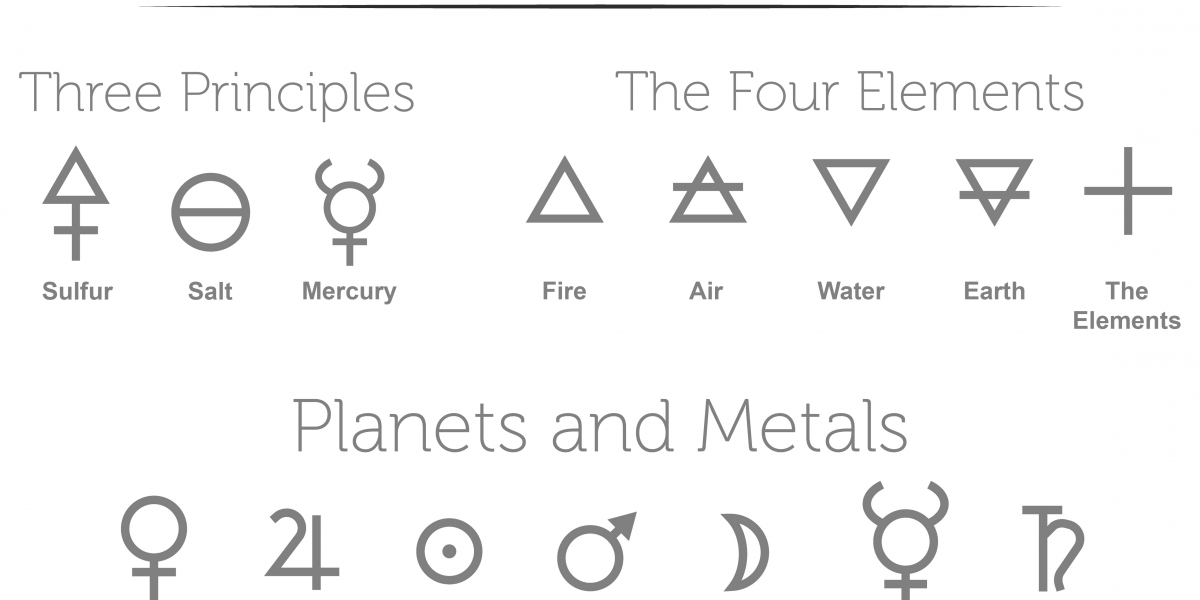The transformation from alchemy to modern chemistry represents a captivating journey through the annals of danatoto history. This article navigates the intricate path that led humanity from the mystical pursuits of alchemists to the systematic and empirical approach of modern chemistry, highlighting key milestones and figures that shaped this fascinating metamorphosis.
The Alchemical Roots:
- Philosopher’s Stone and Elixir of Life: Alchemy, rooted in ancient traditions, sought the elusive Philosopher’s Stone—a substance believed to transmute base metals into gold—and the Elixir of Life, promising immortality. These mystical quests fueled the early alchemical endeavors.
- Transmutation and Symbolism: Alchemists engaged in symbolic language, using mystical symbols to represent chemical processes. Transmutation, the conversion of one substance into another, was a central theme in alchemical philosophy.
Alchemy in the Islamic Golden Age:
- Al-Razi and Jabir ibn Hayyan: During the Islamic Golden Age, al-Razi and Jabir ibn Hayyan made significant contributions. Al-Razi emphasized empirical observation and is often considered the first true chemist, while Jabir’s experiments laid the groundwork for laboratory techniques.
- Kitab al-Kimya: Jabir’s influential work, “Kitab al-Kimya,” laid out systematic approaches to experimentation and introduced laboratory apparatus. This laid the groundwork for alchemy’s transition into a more empirical science.
The Renaissance and Alchemy’s Zenith:
- Hermeticism and Paracelsus: The Renaissance saw a revival of interest in alchemy, with Hermeticism influencing the mystical aspects. Paracelsus, a key figure, integrated alchemy with medicine, emphasizing the transformative power of chemical remedies.
- Emergence of Secret Societies: Alchemical knowledge became closely guarded, leading to the emergence of secret societies like the Rosicrucians. These societies aimed to preserve and advance alchemical teachings.
The Transition to Modern Chemistry:
- Robert Boyle and Boyle’s Law: In the 17th century, Robert Boyle’s experimental approach laid the foundation for modern chemistry. Boyle’s Law, describing the relationship between pressure and volume, marked a departure from alchemical mysticism.
- Lavoisier and the Chemical Revolution: Antoine Lavoisier, often hailed as the father of modern chemistry, revolutionized the field in the late 18th century. His systematic experiments and the law of conservation of mass dismantled alchemical notions and established chemical principles.
The Periodic Table and Mendeleev:
- Dmitri Mendeleev’s Systematic Organization: In the 19th century, Dmitri Mendeleev’s genius culminated in the development of the Periodic Table. By organizing elements based on atomic mass and properties, Mendeleev created a systematic framework that underpinned modern chemistry.
- Emergence of Empirical Laws: As chemistry progressed, empirical laws, such as Avogadro’s Law and the gas laws, further solidified the discipline. These laws provided quantitative insights into the behavior of gases and chemical reactions.
Advancements in Atomic Theory:
- Dalton’s Atomic Theory: John Dalton’s atomic theory, proposed in the early 19th century, introduced the concept of atoms as indivisible entities with specific masses. This foundational theory laid the groundwork for understanding chemical reactions at the molecular level.
- Modern Atomic Models: The 20th century witnessed the refinement of atomic models, from Bohr’s model to the quantum mechanical model. These models elucidated the intricate nature of atomic structure and behavior, guiding advancements in nuclear chemistry and quantum mechanics.
Alchemy’s Enduring Legacy:
- Symbolism in Chemistry: Despite its transformation into modern chemistry, alchemy’s symbolism endures. Symbols like the caduceus and Ouroboros persist in representing aspects of medical and chemical practices.
- Metaphorical Alchemy: The term “alchemy” persists metaphorically in various fields, symbolizing transformation and refinement. In literature, art, and psychology, the allegorical themes of alchemy continue to captivate and inspire.










